MIT researchers boost efficiency of carbon capture and conversion systems
Green Car Congress
JANUARY 26, 2021
Researchers at MIT have developed a method that could significantly boost the performance of carbon capture and conversion systems that use catalytic surfaces to enhance the rates of carbon-sequestering electrochemical reactions. This output can help to subsidize the process, offsetting the costs of reducing greenhouse gas emissions.

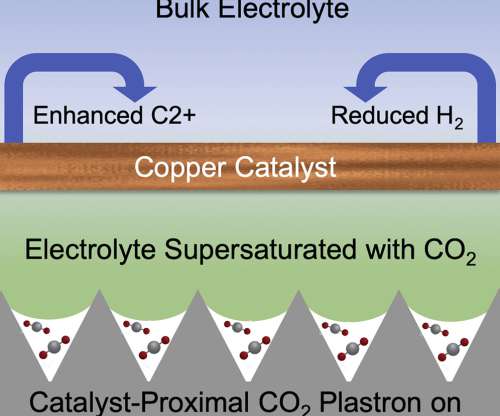
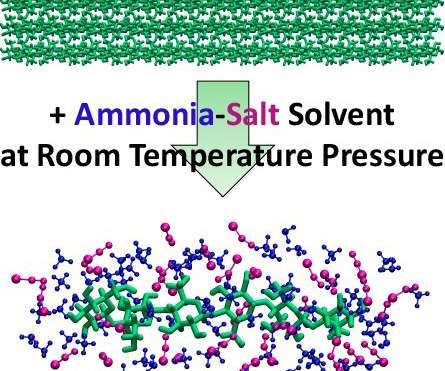
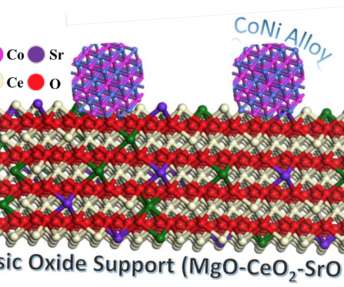













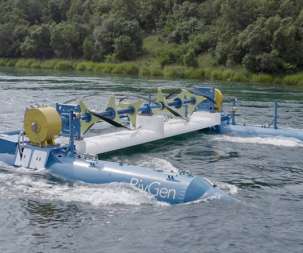

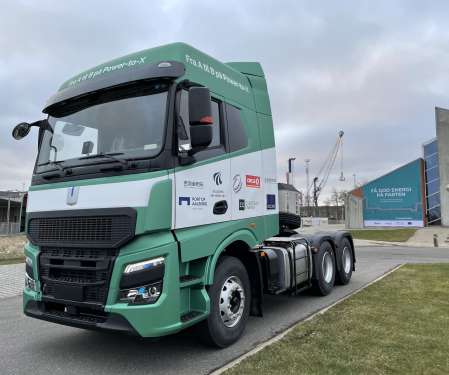

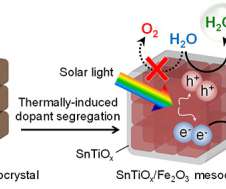
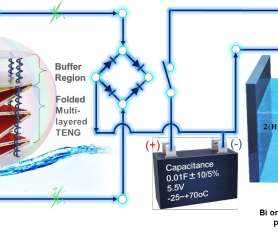








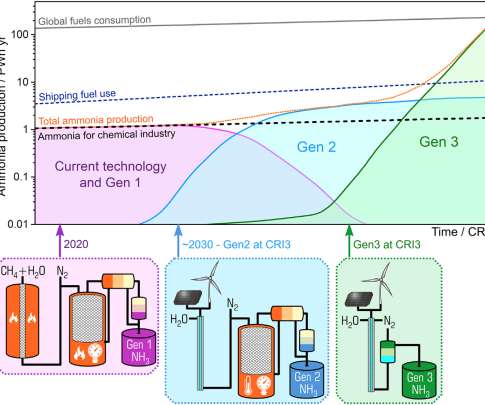







Let's personalize your content